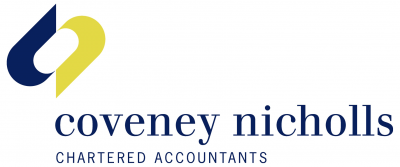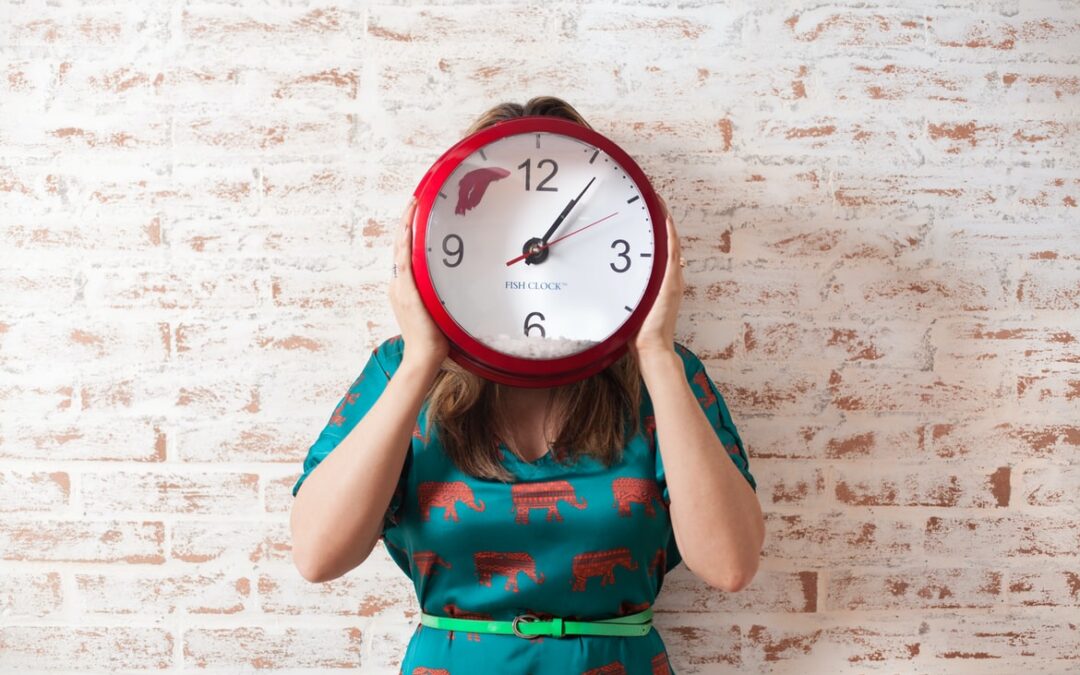We’re drawing closer and closer to the time when people start thinking about doing their self-assessment tax return for the 2020/21 tax year.
If you still do it on paper, the 31 October 2021 deadline is nearly here, so, ideally, you will have already started it so you know you will be safe from the potential consequences of a late filing.
If you’re filing digitally, on the other hand, you have a bit more time – your deadline is on or before midnight on 31 January 2022.
Regardless of the later date, we would still suggest you get started on your tax return as soon as possible. There are benefits to getting ahead of the game, which we’ll go through in this blog.
If you’re non-UK resident, on the other hand, you really do need to get started today.
Non-UK residents and self-assessment tax returns
Unfortunately, the option of filing a digital return by 31 January isn’t an option for many non-residents, given how HMRC’s free digital self-assessment service doesn’t include all the pages necessary to indicate your residency.
That means that if you’re a non-UK resident for tax purposes, according to the statutory residence test, you must send a paper tax return to HMRC by 31 October.
You may be able to use commercial software to indicate your non-residency for a digital self-assessment tax return, but it’s safer to act as if you’re going to have to follow the physical route.
Avoid deadline penalties
If you miss the 31 October 2021 deadline (or 31 January deadline if you can go paperless), expect an instant £100 fine. If an additional three months go by and you still haven’t filed your tax return, you’ll be charged £10 for every day that passes until you send one to HMRC.
There are additional penalties for failing to send your return six months after your deadline, but if you’re serious about your self-assessment, you probably won’t ever need to know about them.
So, just remember: you could lose £100 if you miss your deadline, which isn’t an insignificant amount of money for failing to do some paperwork.
It can take longer than you expect
If you’re thinking about doing your tax return ‘soon’, know they can take longer than you might expect to fill out properly.
For instance, just gathering the information you’ll need to fill in your tax return can be its own process. Some of what you’ll need includes:
- your ten-digit unique taxpayer reference (UTR)
- your National Insurance number
- records of expenses related to business expenditure incurred in 2020/21
- records of any income you received from sales in 2020/21
- records of contributions to charity or pensions in 2020/21
- A P60 or other records to show how much income you received that you’ve already paid tax on.
Once you realise how much of your time your self-assessment could take, you’re more likely to rush and make mistakes, which could result in you paying more in tax than you should have.
Self-assessments don’t have to be stressful and one way to mitigate that is getting started as early as possible.
Starting early helps save money
Starting early also gives you time to think about your accounting carefully so you can include everything on your tax return that might be able to save you money.
Remember the records of expenses related to your business expenditure we mentioned? If these are allowable expenses – purchases made entirely for business purposes – and these costs can be deducted from your taxable profit before it is assessed for income tax.
Charity and pension contributions can also be taken from your taxable income in a similar fashion.
You’re almost bound to miss something if you’re rushing through your tax return to submit it early. Can your business really afford missing out on some free cash?
If you’ve got a lot on your plate right now, you might need some help getting your self-assessment together.
As accountants for self-assessment tax returns, we can help you be as tax-efficient as possible while ensuring you never miss a deadline.
Get in touch with us to talk about your tax return.

